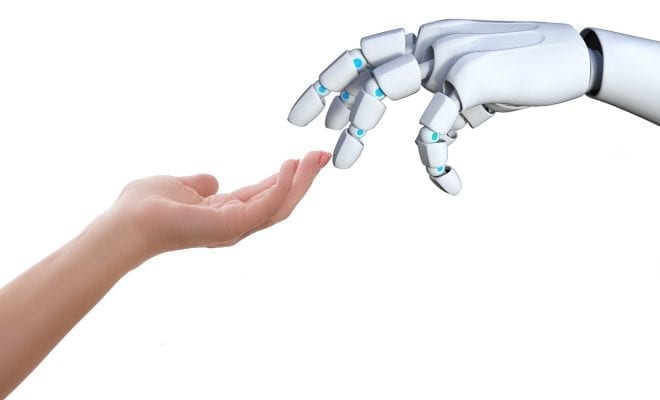
News
Google AI Shows Ability to Predict Likelihood of Death with 95% Accuracy
Google AI is getting smart. Like, freakishly smart. In a new study published in Digital Medicine, artificial intelligence developed by Google’s Medical Brain team has been trained to predict how likely it is that patients will die during their stay in a hospital. Through a series of machine-learning tests, it has shown to predict the likelihood of death with 95 percent accuracy. These scores are considerably more accurate than current models employed by hospitals around the country. Please note that Google A.I. is not predicting dates of death for just anyone. The data is based on medical history and is determining the likelihood of death during a hospital stay.
 The paper states this method was “significantly more accurate than the traditional predictive model. These models outperformed traditional, clinically-used predictive models in all cases. We believe that this approach can be used to create accurate and scalable predictions for a variety of clinical scenarios.”
The paper states this method was “significantly more accurate than the traditional predictive model. These models outperformed traditional, clinically-used predictive models in all cases. We believe that this approach can be used to create accurate and scalable predictions for a variety of clinical scenarios.”
How can Google A.I. predict when you will die?
Google’s A.I. examined the 165,639 data points found in the patient’s electronic medical records. This included having to interpret and evaluating handwritten notes by physicians and nursing staff. Google claims this characteristic of the A.I. is what differentiates it from the previous approaches. By including this data, they were able to generate a much more accurate prediction.
In all, Google analyzed 216,221 hospitalizations and 114,003 patients, which totals over 46 billion data points. While the results are accurate, it is important to note that currently, these algorithms are not being used to look for ways to save people – just how likely they are to survive. One particular patient involved was admitted to the hospital with late-stage breast cancer, and was assessed with a 9.3 percent chance of dying using existing hospital systems. When Google’s A.I. ran its own assessment on the patient using a wider range of data, it put the patient’s risk of dying at 19.9 percent. The patient passed away 10 days after the initial assessment.
What else does this mean for healthcare?
Google is looking to parlay there A.I. systems into a significant impact on healthcare. A.I. engineers hope to use this tool to predict and diseases, allowing for doctors to diagnose and treat patients much sooner, ultimately saving lives. Earlier this year, the team worked with Department of Veterans Affairs to examine over 700,000 medical records in order to predict potentially fatal changes in patients’ conditions. Additionally, they are also looking to develop a voice-recognition system that would drastically cut back on time-intensive note writing.


0 comments